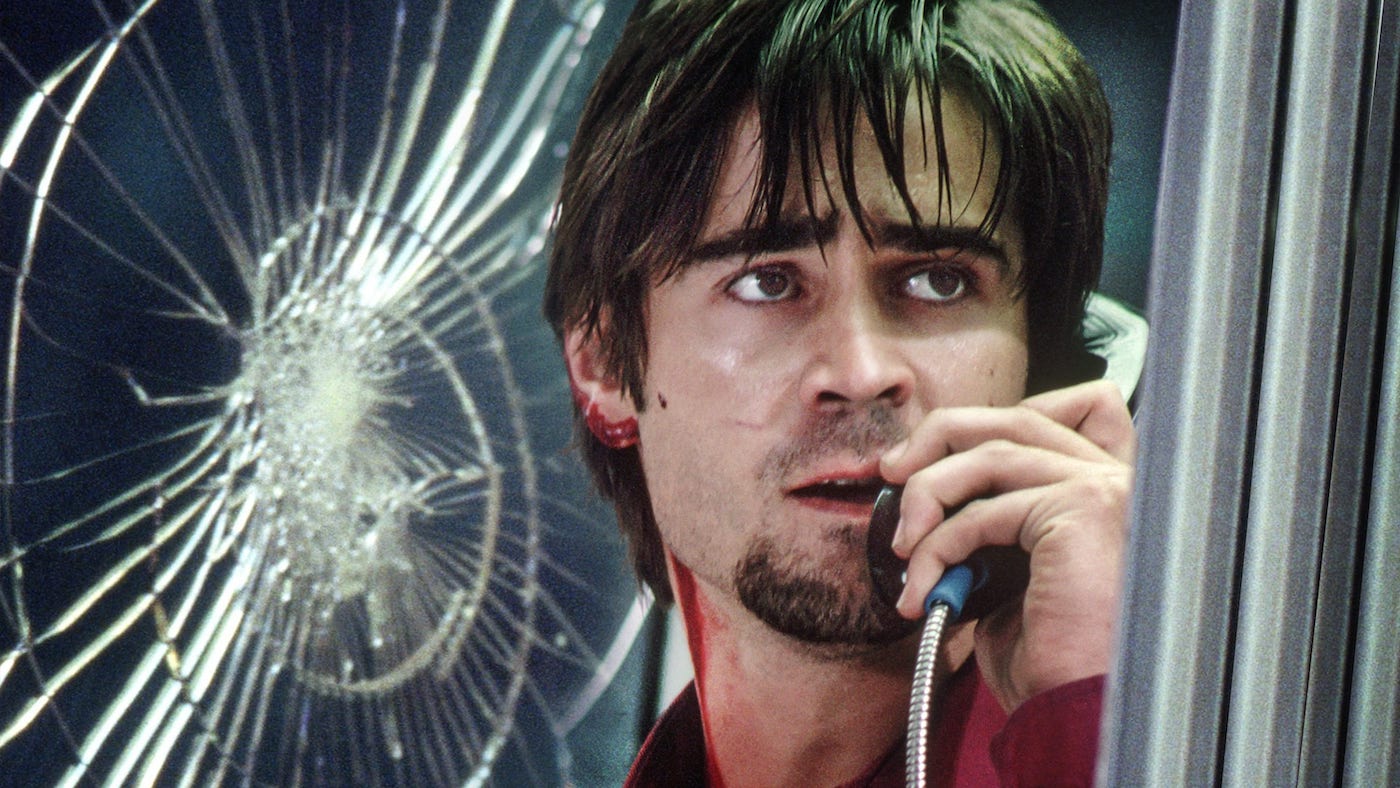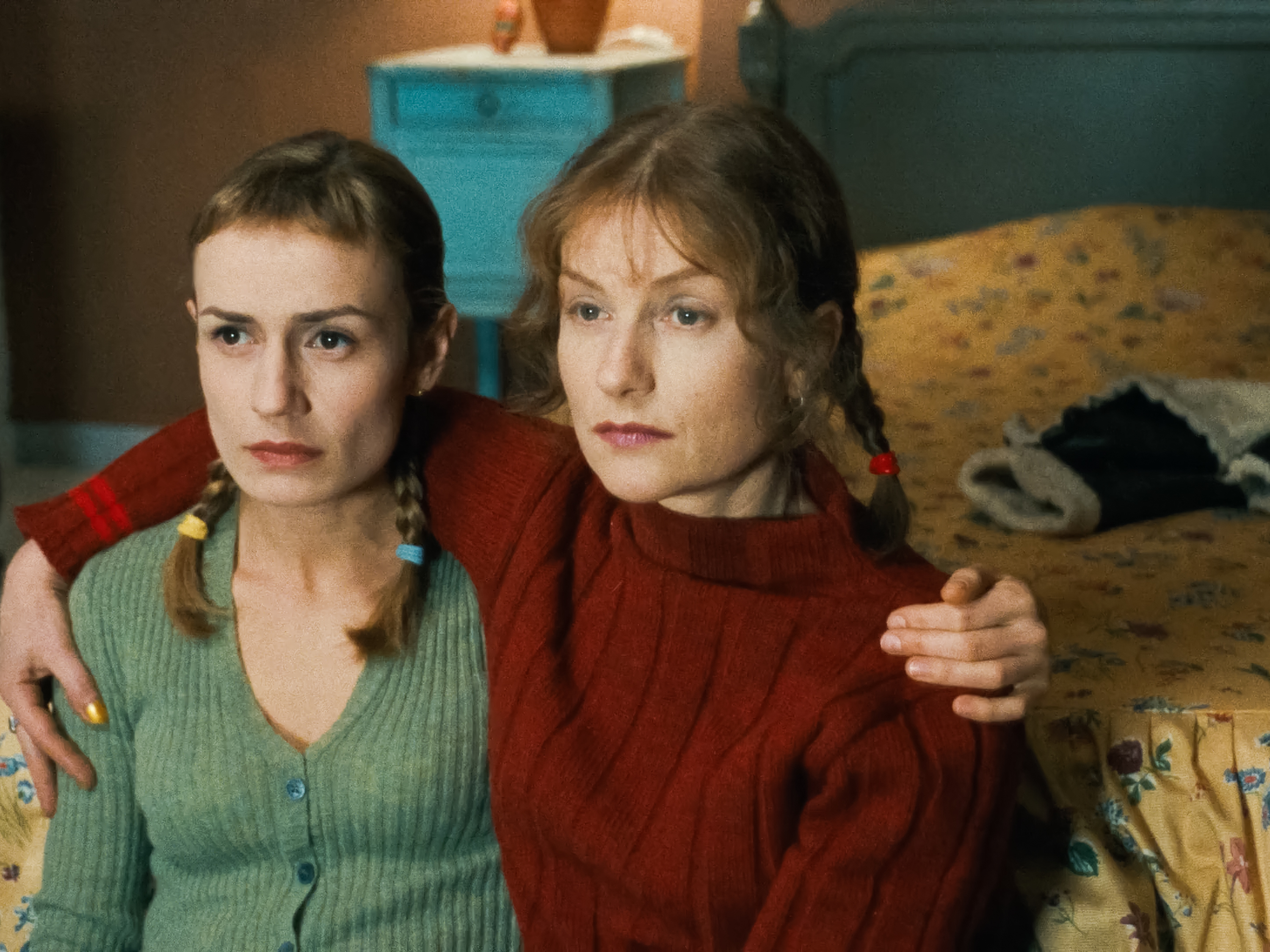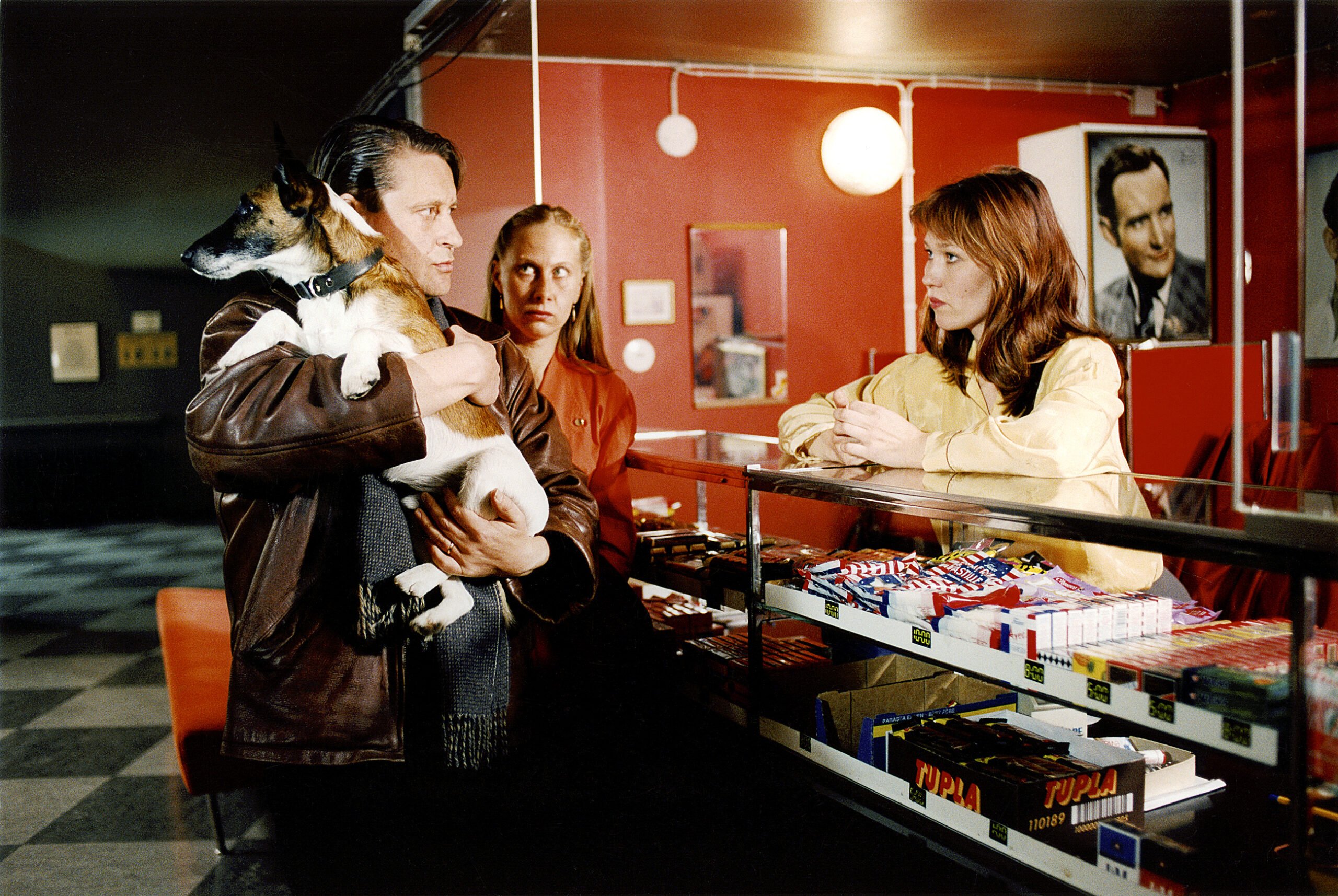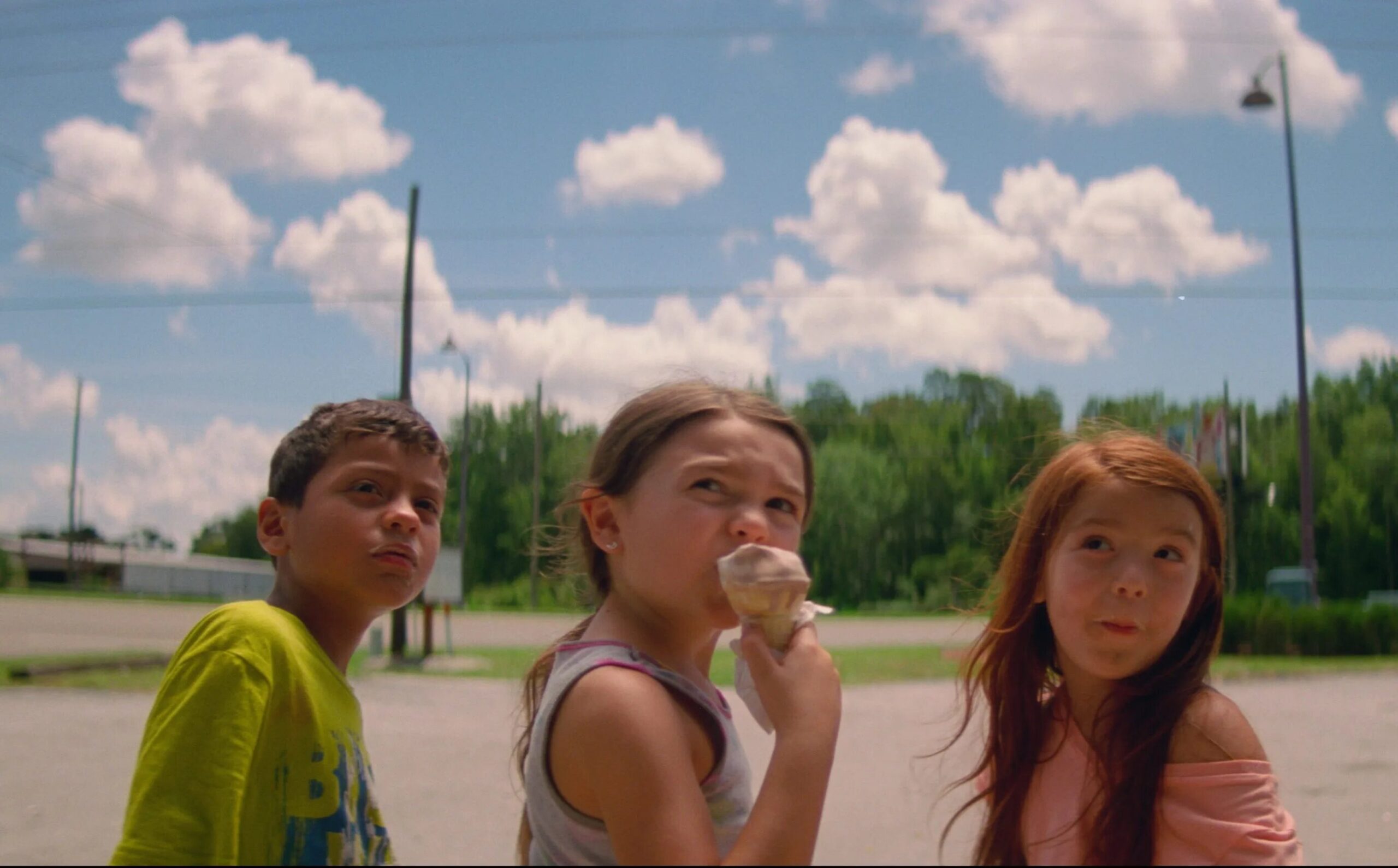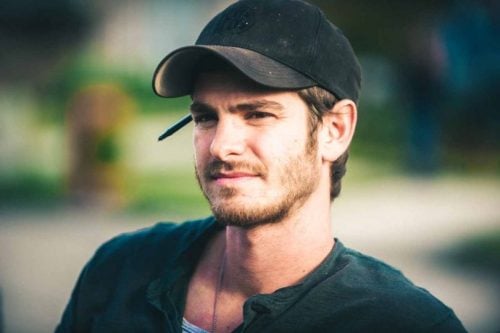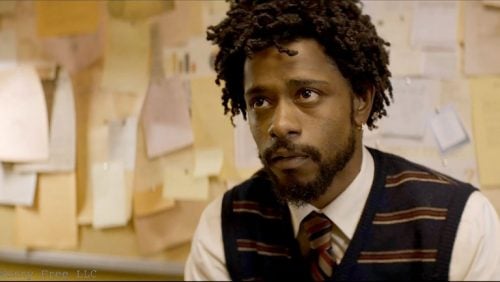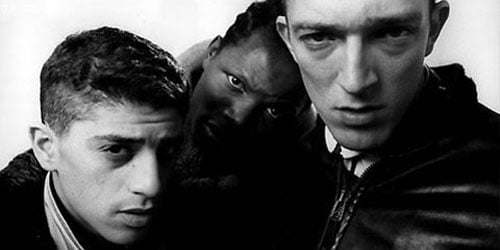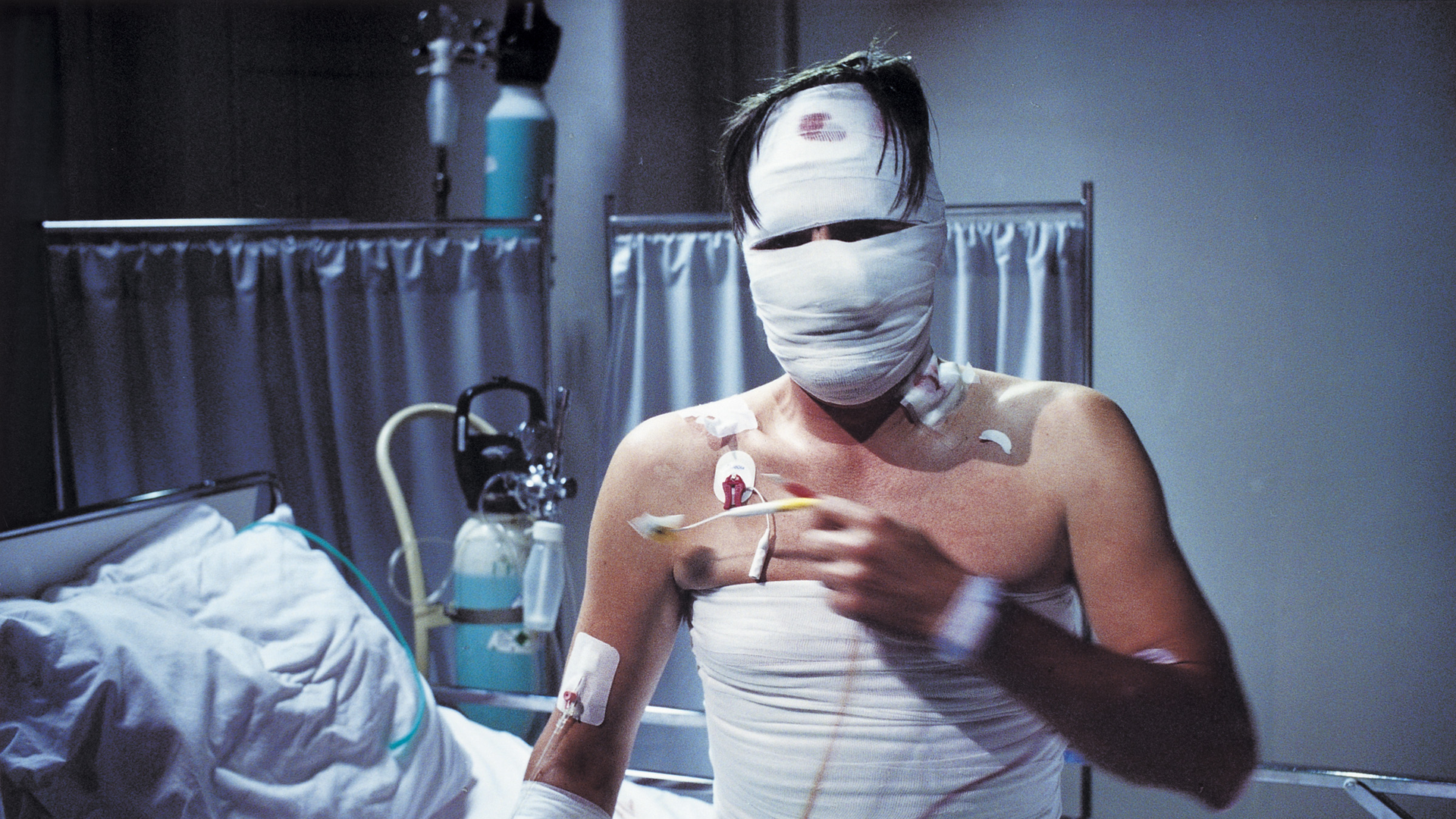
30 Best Anti-Capitalist Movies to Watch
April 8, 2025
Share:
The anti-capitalist movement has been swelling in recent years, especially as more workers realize their worth in an economy that continually denies it to them. The sentiment is so strong now that it’s manifested itself in mainstream media—a phenomenon that arguably reached its peak with the knockout win of Parasite in the 2020 Academy Awards.
There’s been an outpouring of sharp class-conscious content since then, and we’ve gathered the greatest of them in this list. Some are bleak, some are funny, but all are rousing in their social commentaries. Read on to see the best anti-capitalist movies you can watch right now online.
Read also:
11. The Death of Mr. Lazarescu (2005)
Genres
Director
Actors
Moods
Mr. Lazarescu is a widower living with his cats in a small Bucharest apartment. One night when he begins to feel sick and calls for help, he sets in motion a kafkaesque parade of nurses, doctors, and hospitals as he is ferried through a bureaucratic maze unable to get treatment for his rapidly deteriorating condition. Cristi Puiu’s searing indictment of a failed healthcare system mixes kitchen-sink realism with tinges of gallows humor for a remarkable one-of-a-kind experience.
Beneath its grim demeanor is a clear-eyed portrait of the heart-rending weariness of paramedics and hospital staff that speaks spectacularly to our current mid-pandemic moment of exhausted doctors and overflowing facilities. This focus on the toll of the system on paramedics, in particular, makes this a fantastic pairing with Martin Scorcese’s’ underrated Bringing Out the Dead.
12. Phone Booth (2003)
Genres
Director
Actors
Moods
We love to see Colin Farrell playing an unlikeable guy, it feels like there is balance in the universe. Stu is quite annoying and often offensive, and he’s been having an extra-marital affair, which he then gets punished for. Phone Booth carries over this remnant of 2000s morale with a sadistic twist, but that’s not what defines it. Instead, the film is a rollicking ride that appeals to both cinephiles and entertainment-seeking viewers alike, a box-office hit that would be just as thrilling and triumphant if it was released today, with the added nostalgia value of the phone booth as a thing of the past. Could it be that in 2002, Schumacher pre-empted our fears regarding internet privacy and cancel culture?
13. La Ceremonie (1995)
Genres
Director
Actors
Moods
La Cérémonie is the kind of thriller you can watch repeatedly and glean new insight from each time. Right from its first scene, there’s something puzzling about the buttoned-up Sophie (Sandrine Bonnaire) that narrows your focus and pulls you in. What’s remarkable is that, even after the secret Sophie’s keeping that seems to explain her strangeness is revealed, our intrigue never dips. Director Claude Chabrol and his cast construct a gripping twin character study and biting social commentary around that initial hook, as Sophie finds a kindred spirit in the equally uncanny Jeanne (Isabelle Huppert), who opens her eyes to the slyly patronizing way Sophie’s employers treat her.
The film’s study of class relations is always subtle, never veering into over-pronounced territory. That much is clear from the fact that, although some of Sophie’s employer’s family are quite likable, you still understand the ways they’re inextricably embroiled in the film’s quiet indictment of the power dynamics that rule this lofty mansion. More nuance comes by way of the strikingly nonchalant ways evil is depicted in La Cérémonie — just another example of the movie turning something expected (violence is foreshadowed early on) into something that remains viscerally shocking, no matter how many times you watch it.
14. Drifting Clouds (1996)
Genres
Director
Actors
Moods
An early gem from Finnish maestro Aki Kaurismäki, Drifting Clouds is a deceptively simple story. The aftermath of job losses for wife Ilona (Kati Outinen) and husband Lauri (Kari Väänänen) holds a series of misfortunes, all of them tests to their marital bond. But this is only the beginning: as with Kaurismäki’s endearing use of flat irony and detached performances by regular actors of his, things can only get worse before they get better. Humanism has always shined through the director’s films, and this first part of a “Finland” trilogy makes no exception to the rule: the fact that labor and closeness are the two main themes (and are equally important for one’s survival) already elevates the absurdist comedy to something way more caring, engaged, and ultimately, tender.
15. The Florida Project (2017)
Genres
Director
Actors
Moods
Every once in a while there are movies that expand the definition of quality film-making. This is one of those movies.
Here is an incredible, yet delicate film that follows three children from poor families who are stuck living in subpar motels. Their lives and friendships are portrayed with honesty and precise aesthetics. It’s a story that at first seems as plot-free as life itself.
It succeeds in capturing an innocence that is usually reserved to a child’s imagination: a precarious living condition full of adventures and fun. It’s hard to describe it beyond that; it’s the kind of film that must be seen to be fully understood.
And it ends on a very high note.
16. 99 Homes (2015)
Genres
Director
Actors
Moods
Andrew Garfield is a single father living with his own single mother in their family home. In the aftermath of the financial crisis, they find themselves evicted from their home by a businessman – Michael Shannon in a role as intriguing as Gordon Gekko in Wall Street, if not more. Desperate for work, Garfield’s character starts working for the same businessman, ultimately evicting other people. A star-packed, gritty and sobering tale on capitalism and our the lengths to which we’re ready to go to save face – while at the same time risking our most important relationships.
17. Sorry to Bother You (2018)
Genres
Director
Actors
Moods
In the year of the Netflix TV Show Maniac, another absurdist title stole critics’ hearts. Sorry to Bother You is a movie set in an alternate reality, where capitalism and greed are accentuated. Lakeith Stanfield (Atlanta) is a guy called Cassius who struggles to pay his bills. However, when at a tele-marketing job an old-timer tells him to use a “white voice”, he starts moving up the ranks of his bizarre society. A really smart movie that will be mostly enjoyed by those who watch it for its entertaining value, and not so much for its commentary. It is like a Black Mirror episode stretched into a movie.
18. A Hidden Life (2019)
Genres
Director
Actors
Moods
Terrence Malick (The Tree of Life) is back in full form with this three-hour movie based on a true story. His creation has one of the most beautiful depictions of happiness ever seen in film, portraying the simple yet joyous life of a farmer in the Austrian mountains. You’d have to see it for yourself to understand, but how Malick depicts this character’s love for his wife (and her love for him), their children, and even their farming rituals are nothing short of cinematic wizardry.
This peaceful existence changes when World War 2 intensifies and this farmer is called to serve for the Nazis. He refuses to enroll out of principle and puts himself and his family at great danger and alienation from their village. The question at the center of the film is one that other villagers and the church ask him a lot: what good can his actions do? And the title of the movie is taken from A George Eliot quote: “The growing good of the world is partly dependent on unhistoric acts; and that things are not so ill with you and me as they might have been, is half owing to the number who lived faithfully a hidden life, and rest in unvisited tombs.”
19. La Haine (1995)
Genres
Director
Actors
Moods
At the risk of being cliché, I’m going to state that only the French could have made a movie about racial issues and the troubles of youngsters in the suburbs and still make it elegant. I’ve tried looking for other adjectives, but I couldn’t find one that better describes those long takes shot in a moody black and white. But despite the elegance of the footage, the power of the narrative and the acting makes the violence and hate realistic as hell, dragging you into the story and empathizing with the characters until you want to raise your arm and fight for your rights. Aside from this unusual combination of fine art and explicit violence, the most shocking thing about La Haine is how much the issues it addresses still make sense right now, even though the movie was released 20 years ago.
20. The Big Short (2015)
Genres
Director
Actors
Moods
Based on Michael Lewis’ 2011 non-fiction book, The Big Short follows several disparate Wall Street insiders who predicted the housing market crash of 2007-2008, and bet against the market for huge financial gains. It’s a fascinating look into the inner workings and disrepair of the modern banking industry. A great cast of big names (Bale, Carell, Gosling, Pitt) carry the viewer through all of the intricate complexities of mortgage backed securities, collateralized debt obligations, etc.— and make it all both enthralling and highly enjoyable. Kudos to director/co-writer Adam McKay for making it work so well: balancing the humor, frustration and absurdity, punching it up with off-the-wall yet effective asides, and giving us a comprehensible education on the economic meltdown that affected so many millions of people so dramatically. It’s a legitimately important film that everyone should see.
Read also:
Comments
Add a comment
Ready to cut the cord?
Here are the 12 cheapest Live TV streaming services for cord-cutting.
More lists
Lists on how to save money by cutting the cord.
Curated by humans, not algorithms.
© 2025 A Good Movie to Watch. Altona Studio, LLC, all rights reserved.

